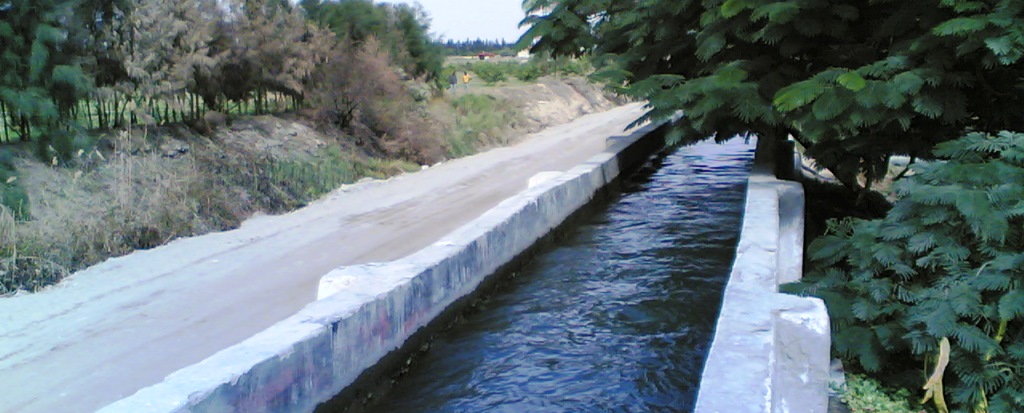Development of Water Management Organizations (WMOG)
Description
The development of Water Management Organizations (WMOG) in Beheira reflected the action-learning approach of the Program for Water Resources Management Reform to support the decentralization and capacity building process and to facilitate the development of integrated water management at the local and regional level.
The project aimed at strengthening the capacities of key public and water users’ stakeholders to develop and disseminate sustainable strategies for Integrated Water Resources Management. Likewise, the project contributed to increase the outreach of the water reform activities, the experiences made at decentralized level are to be systematically documented, monitored and evaluated, to be fed into the policy dialogue at national level, and to be incorporated into the national planning and monitoring guidelines.
To achieve this objective, the WMOG component operated in close cooperation and coordination with the program’s policy component at national level, which advised the Institutional Reform Unit of the Egyptian Ministry for Water Resources and Irrigation (MWRI).
The WMOG component put special focus on enhanced water control in quality and quantity, as it
- developed guidelines and procedures for an efficient information management and monitoring system on water resources and
- improved coordination between all involved units (holistic participatory approach).
The maintenance of Irrigation, Drainage and Sanitation at the local level was predominantly characterized by poor standards and limited interaction and dialogue between farmers/water users association (WUA) the extension service. The WMOG component, therefore, contributed to sustainable management of water resources by the development of an accurate maintenance plan.
Services
In its early phase, NSCE was involved in this project through the mapping and analysis of integrated water management experiences in the Governorates of Beheira, Fayoum and Sharqiyyah. In Beheira, NSCE consultants applied a holistic approach in examining the developments made so far of integrated water management in all Governorate districts, in terms of organizational structures, power hierarchies, interdependencies and financial compositions of irrigation, drainage and maintenance departments in the districts. A similar analysis was conducted in other governorates (Fayoum and Sharqiyyah) where the experience of integrated water management is far ahead than in Beheira. Lessons learnt were extracted, documented and incorporated into the final strategy which aimed to apply an integrated water management system on Governorate level in Beheira.


